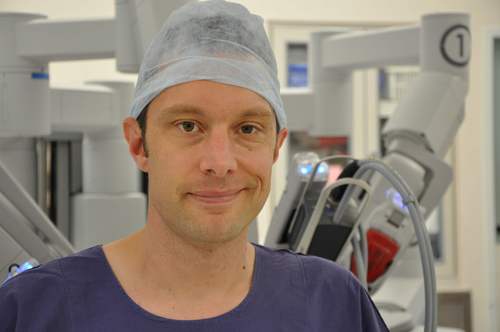
Rehumanising
We live in a dehumanizing world. Out of a need for efficiency, convenience, and reassurance, we both dehumanize and are dehumanized routinely in our commerce and relationships. We are not a three-dimensional human being of unique genetics and experience, forte and frailty, preferences and peculiarities to our bank, public library, or insurance company. Out of necessity, these structures diminish us to a number or barcode. We are grouped by age and demographic, measured by our internet clicks, targeted…

STAMPEDE at the Dumball rally
2 Comments
/
I’m sure I’m not the only one to board a long haul flight with the aim of catching up on a little CPD reading, only to be led astray by a series of films that later I’ll never admit to watching. Still they can be educational, as having stopped studying History at the age of 12 I’m ashamed to admit that without this educational medium I would never have been aware that the 16th President of the United States spent his formative years hunting Vampires. So in January 2016 I boarded a 10-hour…
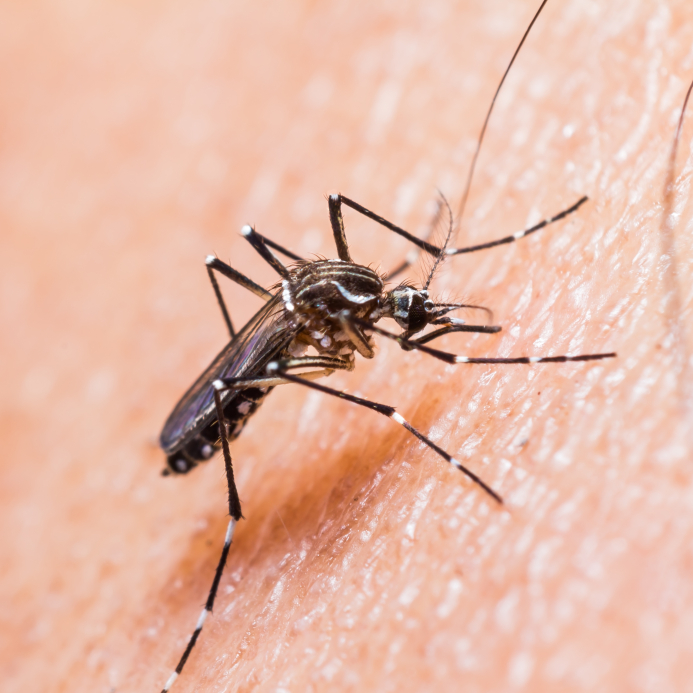
The Zika virus epidemic in the Americas
In May 2015, Brazil reported for the first time home-grown cases of Zika virus, since that moment the cases have increased dramatically and the infection caused by this virus has been spreading quickly to 22 other countries in the Caribbean, South and Central America. The spread of Zika in South America has been developing rapidly, pushing the WHO to declare the Zika epidemic as a Public Health Emergency of International Concern in February of 2016.
Zika virus was isolated accidentally for…
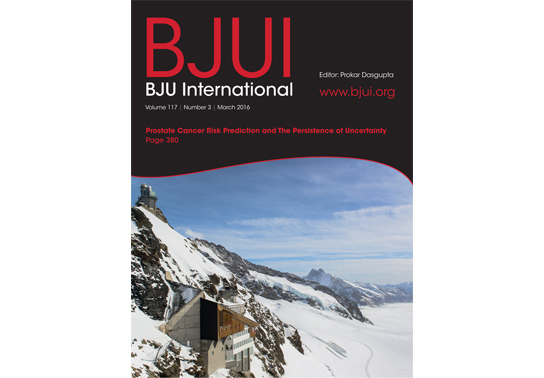
New Gleason grading system: Statement from the Editors of six journals
The International Society of Urologic Pathology (ISUP) has completed a consensus process to modify and clarify the Gleason scoring system for prostate cancers (1). Five grade groups have been defined with tumors of ISUP Grade Group 1 being the least aggressive and having the lowest likelihood of progression, whereas those of ISUP Grade Group 5 have the highest likelihood of early systemic spread. This new system provides clearer guidance for pathologists to classify cancers on the basis of gland…
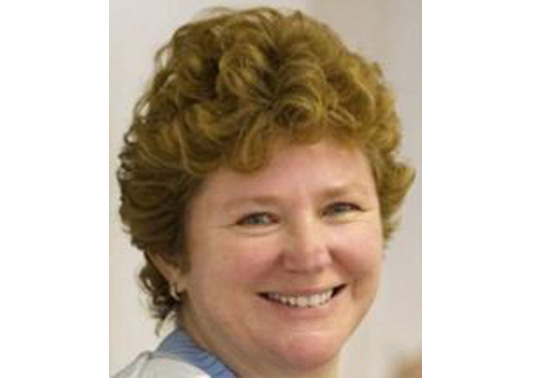
Where we are with screening and risk prediction for prostate cancer in 2016
The rate of PSA-based screening over the last 35 years can be compared with driving your car from the Netherlands to Italy. It starts with a rather flat drive, perhaps a few hills in the Southern part of the Netherlands, which represents the rate of PSA screening in the late 1980s. Moving with high speed through Germany, one gradually climbs to higher altitudes, i.e. the rate of PSA testing in the 1990s. Then the high (but very difficult to drive) summits and beautiful valleys of Switzerland…
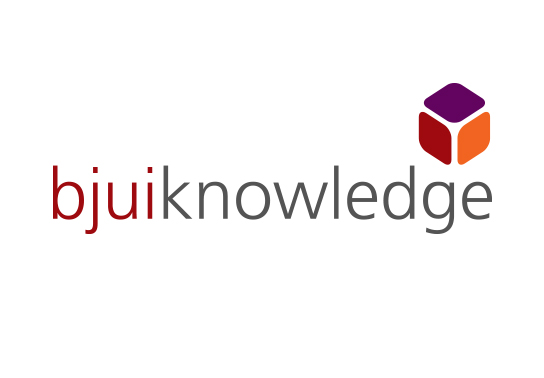
BJUI Knowledge – CPD on the move
BJUI Knowledge is a new initiative for urologists, combining online CPD content together with a platform for recording CPD activity in one place. BJUI Knowledge, has been released this month to all BAUS members for a free trial period up until the end of June. It will be made available to all urologists later in 2016.
Once registered you will see we have already published around 60 CPD modules across 12 curriculum areas covering the breadth of urological practise. More modules will be added…

RSM Winter Meeting in Saalbach, Austria
This year the urology section of the RSM held their annual winter meeting in Saalbach, Austria hosted by Tom McNicholas and Rik Bryan.
Kicking off the meeting was a state of the art lecture by Professor Shahrokh Shariat, Professor of Urology at the Medical University of Vienna who presented a convincing perspective on whether we should really be calling Gleason 3+3 disease "prostate cancer" due to the lack of hallmarks of cancer compared with Gleason four disease, and clinical data suggesting that…
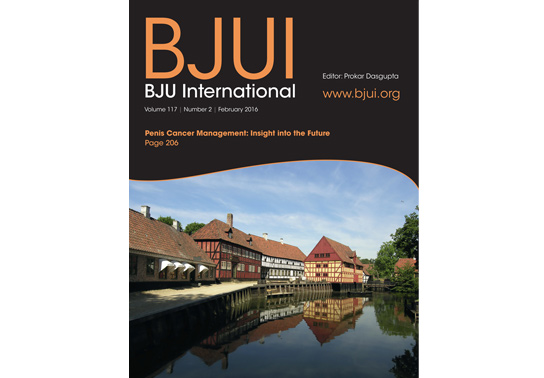
February’s BJUI – About the Cover
This issue's Article of the Month comes from three Danish institutions including Aarhus University Hospital. The cover shows Aarhus Old Town, an open air museum of traditional Danish buildings dating from the 16th to 19th Centuries
Image ©iStock.com/7000
Click here for this issue's Table of Contents

Importance of fundamental science as the cornerstone for translational research
Research headlines that attract the most publicity are those that show success in benefitting patients, whether it is through new targeted drugs or new immunotherapies. Many funding bodies and charities have also changed their policy toward funding more translational research that has clear economic, clinical and patient benefit. We must remember, however, that the innovations for these transformative publications and translational research projects are imbedded in our fundamental understanding…
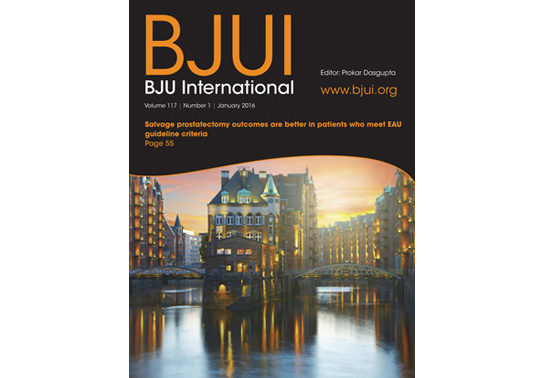
January’s BJUI – About the Cover
The authors of January's BJUI Article of The Month come from Hamburg and Mannheim in Germany. The cover shows Hamburg's Speicherstadt, the largest warehouse district in the world and a UNESCO World Heritage Site.
Image ©iStock.com/silverjohn
Click here for this issue's Table of Contents
